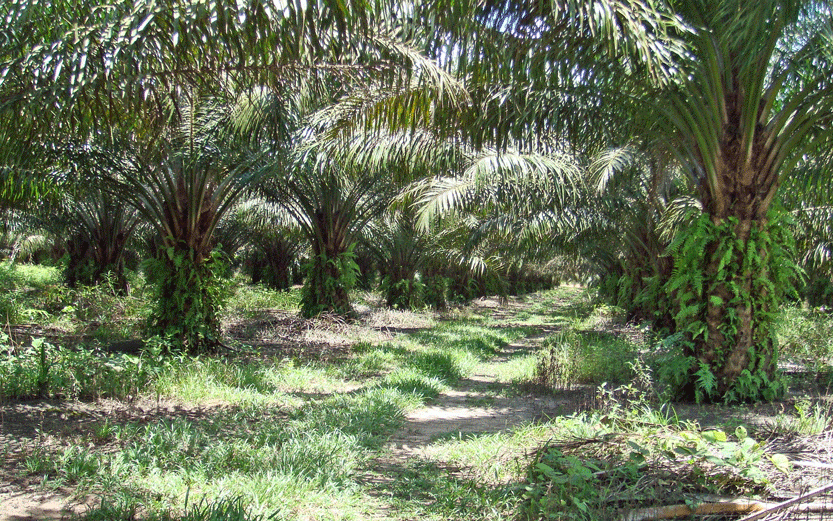Environmental protection or protectionism?
July 12, 2021 by Michele De Rosa
Some of our clients that produce palm oil with the lowest environmental footprints, now give up on the European market and divert their production to the Asian market, currently much less restrictive in terms of environmental performances. This means that the previous achievements made by those companies may now be reverted, to compete in a more aggressive market with lower environmental requirements.
Although some RSPO certified producers of palm oil have already halved their carbon footprint and have set aside land for nature conservation, significantly reducing the impact on biodiversity in addition to reducing the carbon footprint, so that the best-in-class producers achieve a lower footprint than for other vegetable oils (such as rapeseed oil, soybean oil and sunflower oil), these efforts are not recognised by the new EU criteria for determining risk for indirect Land‐Use Change (iLUC).
In December 2018, the revised version of the EU Renewable Energy Directive, known as RED II (‘RED two’), entered into force. In March 2019, the European Commission published a Delegated Regulation supplementing the Directive by introducing criteria for the determination of high and low indirect Land‐Use Change (iLUC) risk associated with the expansion of feedstock production in land with high carbon stock.
The Delegated Regulation identifies iLUC risk based on the past direct land use change from 2008 onwards, regardless of the production system currently implemented, ignoring the geographical differences between producers and, de facto, disregarding the indirect nature of iLUC. The criteria do not trace the cause‐effect relationship between product demand and the indirect land use changes triggered. By not making any distinction between specific production systems, these criteria risk to exclude crops a priori, regardless of the environmental performance of the agricultural system, such as the GHG emissions per unit of product.
Palm oil is produced almost entirely (85%) in Indonesia and Malaysia, countries that in the last 20 years have experienced high deforestation. According to the criteria set by the RED II and detailed by the Delegated Regulation, palm oil from these countries cannot be counted as renewable when measuring target-achievement on the share of renewable energy in EU countries, because of high iLUC risk. In its current form, the iLUC criteria are scientifically unjustifiable and seem to protect the EU vegetable oil producers rather than the environment. This is sad news for RSPO certified companies and a dangerous development for forest and wildlife conservation in Indonesia and Malaysia.
